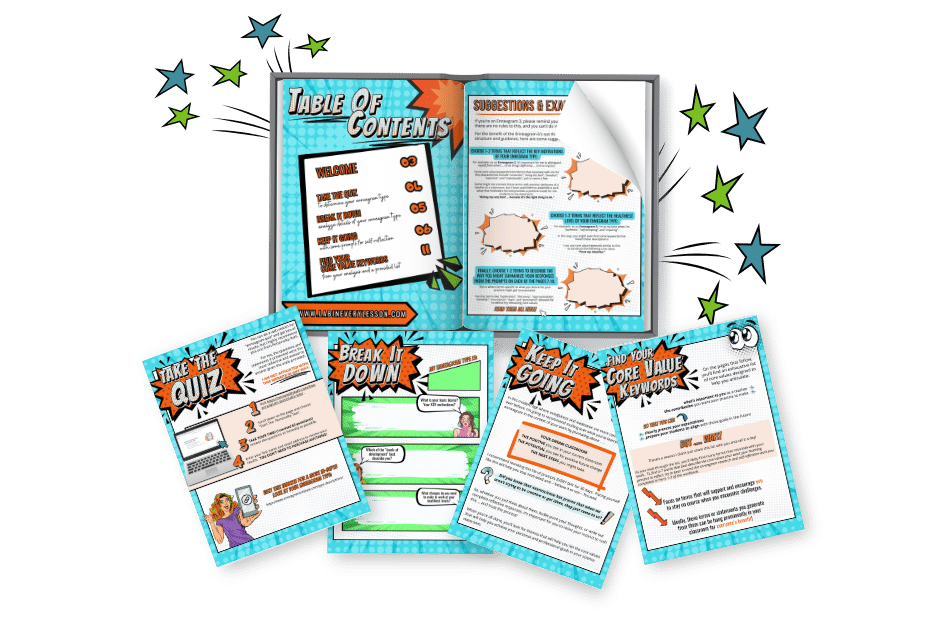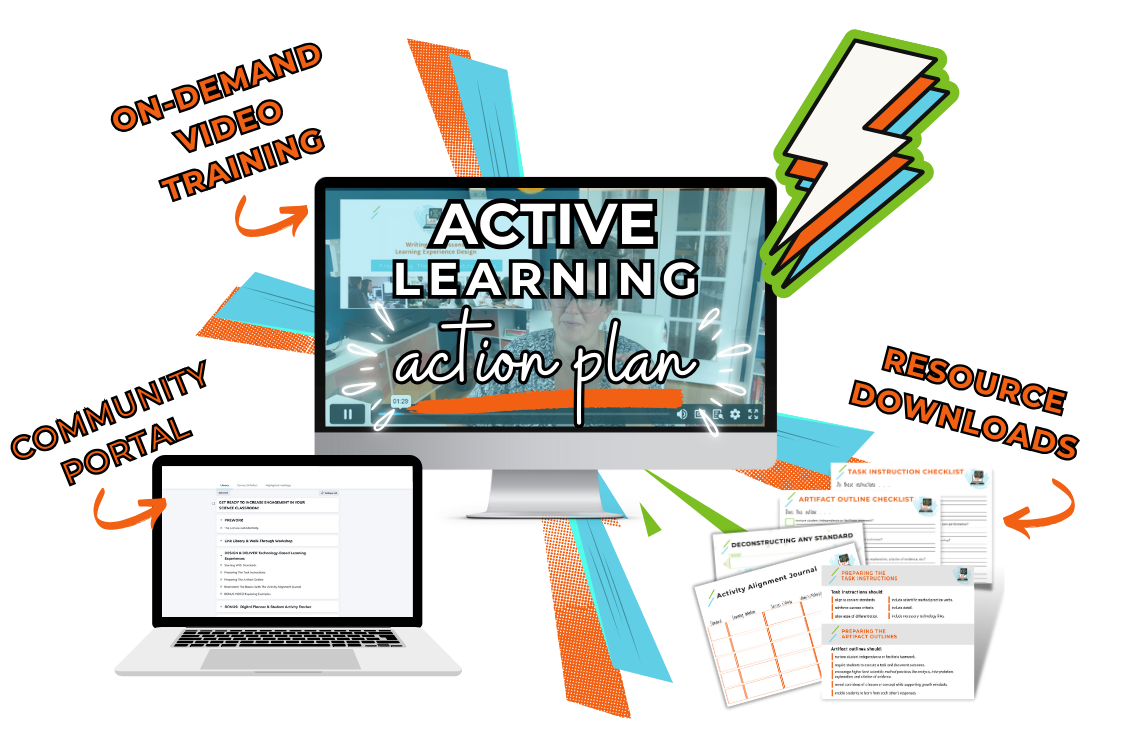When we think about teaching using student-centered approaches, the first thing that probably comes to mind is how we can better serve our students. We want to make sure they are engaged, encourage them to ask questions, and help them discover learning for themselves. But before we dive into the intricacies of lesson planning and classroom activities, we need to take a step back. It’s crucial to realize that implementing a student-centered teaching philosophy really requires an entirely different, more holistic mindset that aligns with servant leadership principles.
Servant leader teachers prioritize others first, promote collaboration, and focus on growth and overall well-being of students in the classroom. By adopting their mindset, we can create a positive classroom environment that supports the needs of all our students. Doing so ultimately leads to better learning outcomes.

Servant Leadership principles simplified
I used to think that being a successful teacher meant being the content authority.
I spent hours planning the perfect inquiry-based science activities and measuring my own performance according to students’ scores. But the truth is, we’re most effective when we stop thinking about what we bring to the classroom.
A student-centered teaching philosophy won’t come to life if our focus is entirely on what we know and what we can do as teachers. Instead, we need to start looking outward.
This shift in perspective is a hallmark of servant leadership principles at work in the classroom. It might sound a bit counterintuitive at first, but taking the focus off ourselves can have a transformative effect on how we approach teaching and learning.
I promise that this is simpler than you think!
Start by asking another teacher, “How can I help you?”

Be A Servant Leader Everyday, Everywhere, and with Everyone
When you take a moment to lend a hand to another teacher, it not only fosters a sense of community but also shifts your mindset away from being the center of your classroom.
Living out a student-centered teaching philosophy is about so much more than being the best teacher in your subject area. It’s about how you can support others to reach their personal goals for success.
This year, the cyber school I work for adopted an entirely new program for meeting with students to deliver lessons. There are a million ways to do everything, and I’m learning something new with each day that passes. It only takes me an extra five minutes to record my screen and share what I’ve learned with my closest colleagues, so I do it as often as the opportunity presents itself.
By taking a few extra minutes to show them exactly what I was able to do and how I was able to do it, I probably save them valuable time and definitely some sanity!

Practical Ways to Practice Servant Leadership Principles With Other Staff
There are so many ways to lend a helping hand without adding to another hat to your head!
- Connect with coffee! Whether you make an extra cup to-go when you leave the house or you splurge for the special kind, extra caffeine will almost always been well-received.
- Offer to cover a duty … lunch duty, bus duty, or hall duty. This can give your colleague some extra prep time.
- Share resources. If you have digital or physical resources that you think might be a helpful addition to another science teacher’s lesson plans, offer them up. This not only fosters a collaborative spirit but could also make intervention or extension a little easier.
- Lend a hand in the lab. Physical setup and clean up of tools and tangibles is time-consuming. Your extra help might mean that your neighbor leaves feeling a little lighter at the end of the day!
- Cross content lines. Show interest in what other science teachers are doing in your department. For example, if you’re a chemistry teacher, offer up some resources or lessons that you know might provide some context or extension opportunities to students studying biology.

A Student-Centered Teaching Philosophy Leads To Lasting Learning
So, how does demonstrating servant leadership principles impact student-centered learning?
When we make a point to practice behaviors that prioritize others over ourselves, it becomes easier to plan and deliver lessons that require students to become active participants in their learning journey and, ultimately, to own the process.
Instead of lecturing at the front of the room, you’ll find yourself more amenable to creating exploration-style experiences for your students. With these types of science lessons, you’ll be able to actively support and serve every student as they seek to achieve the lesson objectives.
A true student-centered teaching philosophy will prompt you to think beyond what you’re teaching and re-frame why you’re teaching it. Once you do this, you’ll be better able to discern how to teach with student-centered strategies.

Interested in crafting core values for your classroom that will add even more servant leadership principles to your teaching practice?
CLICK HERE to download my guide, “Purposeful Plans, Powerful Results”!





